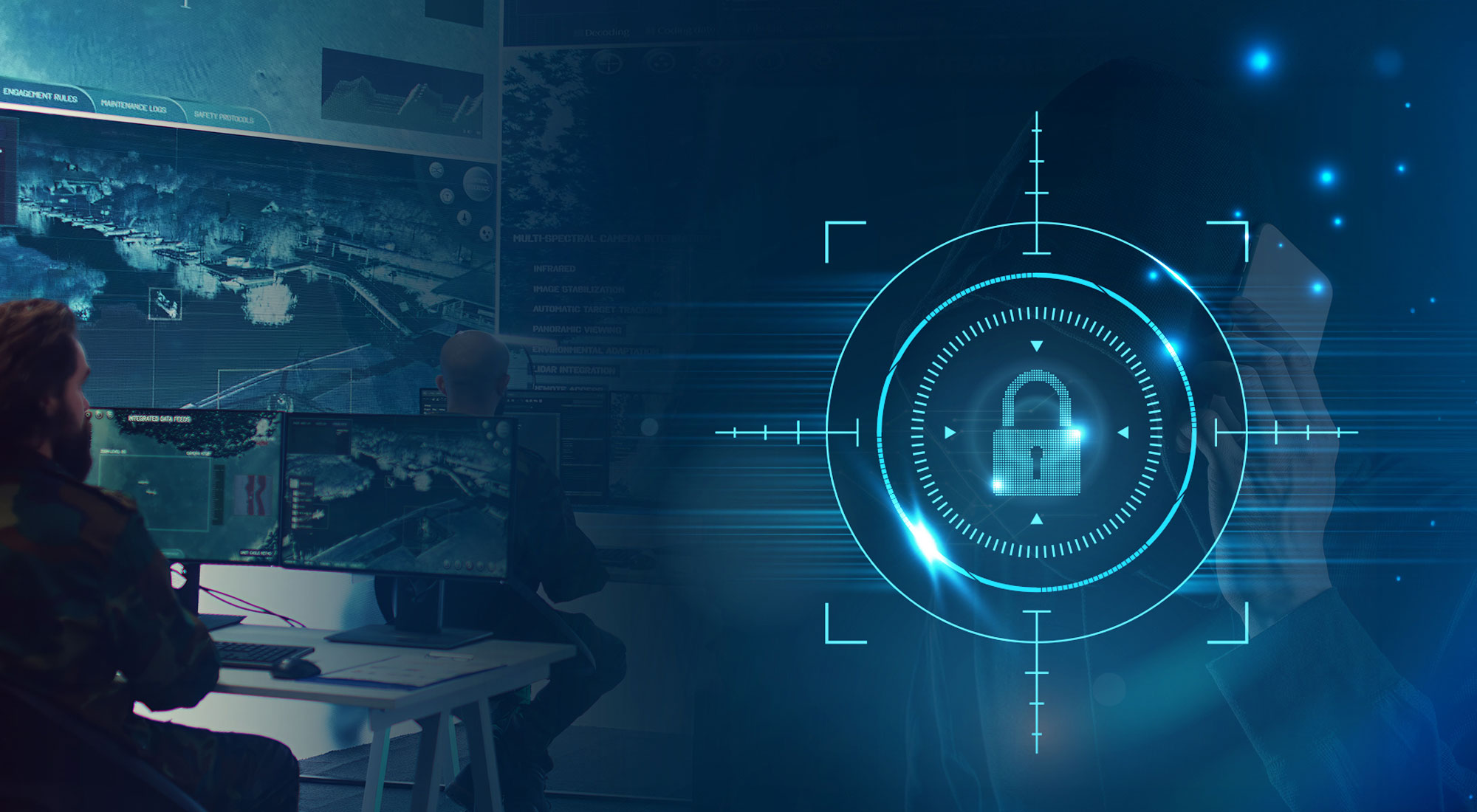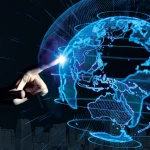Introduction
Technology has changed the way nations communicate, campaign, and connect with their citizens. What was once the domain of speeches and printed manifestos has now moved to digital screens, where algorithms decide visibility and influence. Political identity is no longer shaped only by ideology, but by the rhythm of online engagement.
Across the world, from Washington to New Delhi, digital media has become the frontline of governance. Politicians, activists, and celebrities are using the same platforms to build narratives, mobilize support, and shape how citizens perceive truth. The result is a global shift in how authority is earned and maintained.
The Rise of Digital Politics
Social media has become a central force in modern governance. Politicians use platforms like X and Instagram to bypass traditional media, reaching audiences instantly and emotionally. A single post can set the agenda for global debate within minutes.
However, this immediacy comes with risk. The spread of misinformation and the manipulation of online sentiment can distort democratic processes. Governments are now struggling to regulate digital discourse without appearing to suppress free expression.
Celebrities as Political Messengers
Celebrities have become powerful political communicators. Their reach transcends geography, giving them the ability to influence public opinion on issues from climate change to voter rights. For younger generations, celebrity activism often feels more relatable than official policy statements.
This phenomenon blurs the line between entertainment and governance. While some stars use their visibility to promote awareness and inclusivity, others risk turning political engagement into performative spectacle. Influence without accountability can be both inspiring and dangerous.
Technology’s Role in Shaping Identity
Algorithms have turned political identity into a personalized experience. Digital platforms feed users content that aligns with their beliefs, reinforcing perspectives and deepening division. This data-driven feedback loop creates digital tribes that define belonging through engagement rather than shared values.
For societies built on diversity and dialogue, this trend poses challenges. When political understanding is shaped by filtered information, compromise becomes rare. Rebuilding civic trust in the age of personalization has become one of the greatest democratic challenges of the century.
Global Governments in the Digital Arena
World leaders are adapting to this new landscape. Nations like Ukraine and South Korea have used digital diplomacy to communicate directly with citizens and the global community. Meanwhile, other countries invest heavily in online surveillance and propaganda to maintain control.
The global political stage now includes influencers, tech companies, and online communities. Leadership depends not only on charisma or policy but on digital literacy — the ability to navigate and manage the flow of information with integrity.
The Economics of Influence
Digital engagement has become an industry in itself. Campaigns invest millions in data analytics, influencer marketing, and AI-driven sentiment tracking. Political advertising now mirrors commercial strategy, targeting citizens like consumers.
This commodification of attention raises ethical questions. When political communication becomes a business, truth risks becoming a product. Voters must learn to discern authenticity in a world where emotion often outweighs evidence.
Cybersecurity and the Integrity of Leadership
As politics move online, so do threats. Cyberattacks, data breaches, and disinformation campaigns can destabilize governments and economies overnight. Digital warfare has become a tool of statecraft, used to disrupt elections and sow distrust among populations.
To counter this, nations are investing in stronger cybersecurity frameworks and international cooperation. Protecting democracy in the digital age requires not just technology, but vigilance, transparency, and education.
FAQs
How has technology changed political communication?
It allows leaders to connect directly with citizens, but it also enables manipulation and misinformation.
Why are celebrities important in global politics?
Their platforms amplify issues, bringing attention to causes that governments often overlook.
What is digital identity in politics?
It’s the online reflection of one’s political beliefs and affiliations, shaped by algorithms and social interaction.
How does technology affect democracy?
It strengthens participation but also creates echo chambers that divide societies.
What can be done to protect political systems online?
Governments must strengthen cybersecurity, enforce transparency, and educate citizens on digital literacy.
Conclusion
The digital era has transformed politics into a spectacle of screens, soundbites, and viral trends. Leadership today requires not only vision but adaptability to a rapidly changing information ecosystem. The tools of influence have shifted from podiums to platforms, and every public figure must learn to balance reach with responsibility.
The future of governance will depend on how societies manage this intersection of technology and identity. True progress lies not in louder voices but in wiser connections. In a world where everyone can speak, integrity — not visibility — will define real power.









